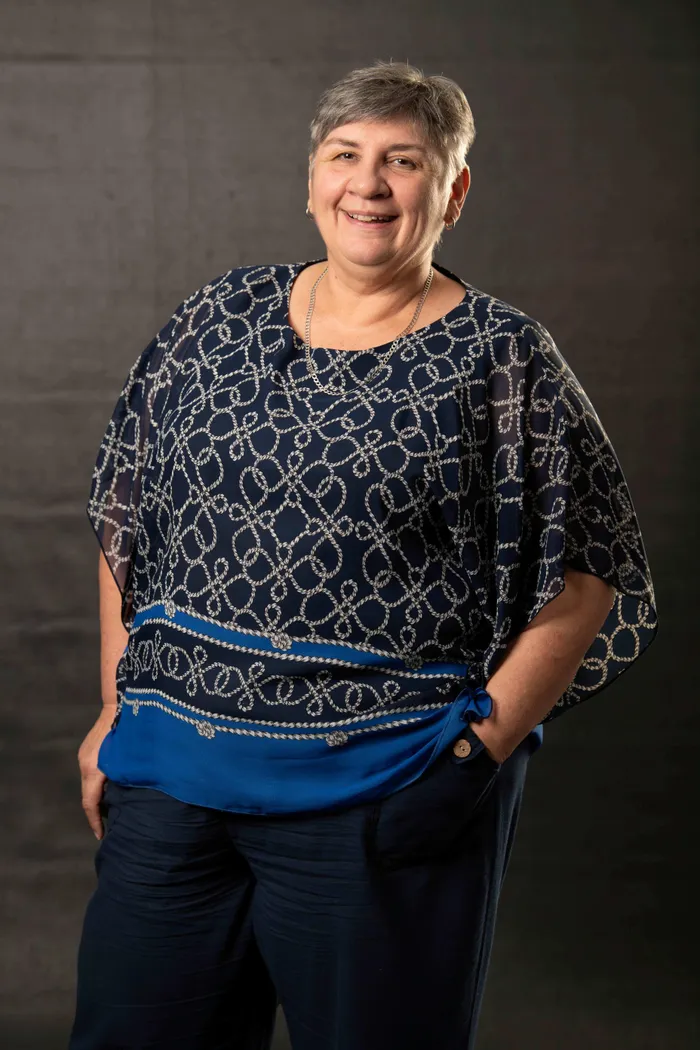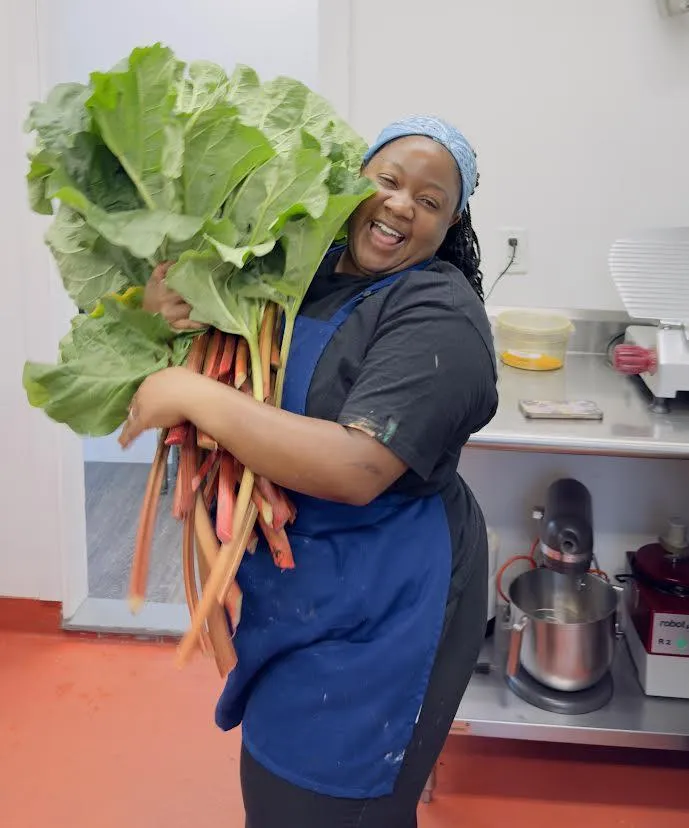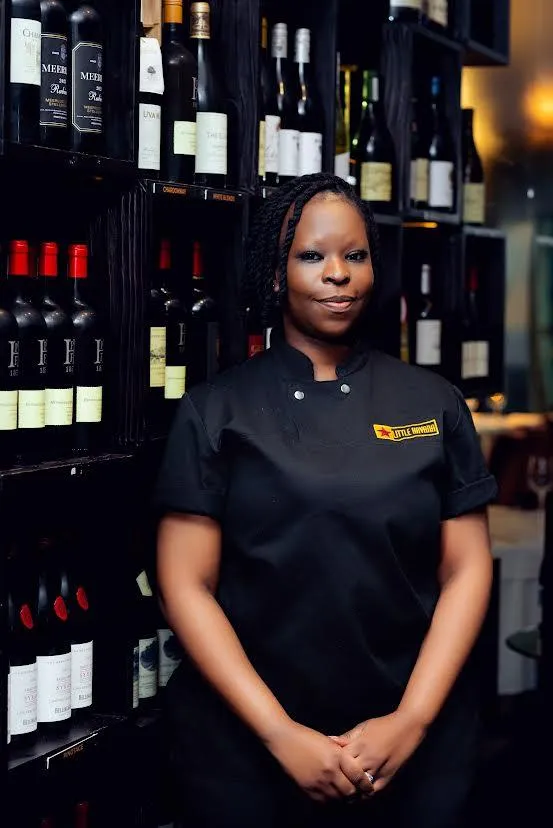Women leading the charge: transforming South Africa’s food and hospitality sector

Capsicum alumnus Chef Lakie
Image: Supplied
Ahead of National Women’s Day on August 9, the contribution of South African women in the food and hospitality sector continues to gain recognition for its transformative effects.
In an exclusive interview, Renee Hill, Managing Director of Capsicum Culinary Studio (CCS), sheds light on the resilience and determination of women in leadership roles within this vibrant industry.
Hill emphasises that South Africa's food and hospitality sector is not only crucial for employment and tourism but has also seen women play an increasingly significant role in driving innovation and enhancing customer experiences.
"Their unwavering determination to succeed has allowed them to navigate systemic challenges, championing meaningful change while nurturing mentorship, advocating for work-life balance, and promoting diversity and inclusion," Hill notes.

Isla Rechner
Image: Supplied
Leadership roles in this sector have historically been male-dominated, but South African women are now shattering those glass ceilings. Hill highlights how women have shown remarkable resilience in the face of socio-economic barriers, such as gender bias and wage disparities.
"Through innovative thinking and community-driven leadership models, they've proven that they can thrive in this competitive climate," she claims.
Citing numerous women-owned enterprises—ranging from restaurants and boutique hotels to guesthouses and tourism ventures—Hill points to these as symbols of empowerment.
"Women often exhibit a unique management style that emphasises empathy, collaboration, and community engagement,” she explains.
“These attributes enable them to build strong teams and cultivate customer loyalty.”

Capsicum Culinary Studio MD Renee Hill
Image: Supplied
Furthermore, mentorship is emerging as a vital tool for sustaining and fostering female leadership in this sector. Experienced women in leadership roles serve as role models for younger professionals, offering vital support and practical insights that catalyse career growth.
“Structured mentorship programmes and informal networks have become essential in building confidence among women aspiring to ascend the leadership ladder. Women helping women—through formal training or grassroots support—has significantly impacted representation and retention in the industry,” Hill reveals.
Yet, challenges remain. Achieving a work-life balance is one of the most pressing issues for women in food and hospitality, given the industry's notorious long hours and high-pressure environments.
"Balancing leadership roles with personal and family life requires both institutional support and personal resilience,” Hill asserts. While some progressive employers are beginning to endorse flexible work arrangements, female leaders are actively redefining work culture by prioritising mental health and inclusivity.
“By fostering a culture that values employee well-being, they are not just elevating their own quality of life but also creating healthier work environments for everyone," she adds.

Tinotenda Sadziwa
Image: Supplied

Gugu Wanda
Image: Supplied
Diversity and inclusion also play a critical role in reshaping the industry. Hill notes that the inclusion of women from diverse backgrounds enriches the sector with varied perspectives and cultural awareness, thus enhancing customer experience.
“Women leaders are championing inclusive hiring practices and creating welcoming spaces that address the nuances of South Africa's complex socio-economic landscape,” she explains.
Empowering women from different backgrounds not only furthers social justice but also fosters innovation within the sector.
“The impact of women in South Africa's hospitality arena cannot be overstated,” says Hill.
“Their tenacity and determination have not only broken barriers but have also redefined what success looks like in a traditionally male-dominated field. By centering mentorship, work-life balance, and a commitment to diversity and inclusion, women are shaping the future of South Africa's hospitality industry.”
IOL
Related Topics: